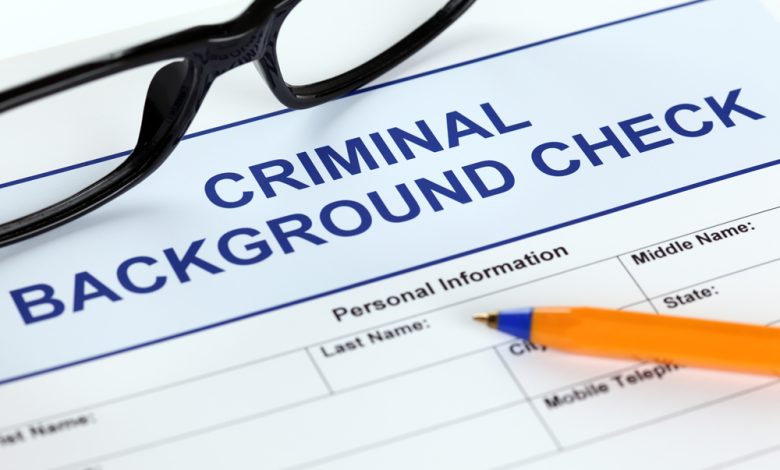The Importance of Requesting a Criminal History Background Check

A standard Criminal History check will reveal convictions, pending cases, and arrests. It may also reveal aliases and search results from nationwide databases often supplemented with county searches.
Employers and CRAs must comply with multiple laws when conducting background checks, including the Fair Credit Reporting Act, EEOC guidelines, ban-the-box laws, and local ordinances. These rules vary by state and may affect how long a company receives results from its background checks.
An employer’s duty to ensure the safety of its staff and customers is one of the primary reasons that businesses conduct background checks. A Criminal History check reveals any convictions that may impact the company’s security and provides information on the severity and seriousness of the crime.
A Criminal History check can also reveal misdemeanor and felony convictions and pending cases. In the case of a pending charge, it can show the date and nature of the crime, as well as the verdict or outcome (if applicable).
If you are concerned about whether an applicant has been convicted of a federal offense, you can run a Criminal History search that includes searches from all federal courts. You can also search state, county, and local records to find information about any arrests or convictions that may have occurred.
In addition to the information in Criminal History, a background check can reveal details about an individual’s financial history. This can include past bankruptcies, judgments, and civil judgments. While this information does not necessarily indicate a person’s fitness for employment, it can be a factor in hiring.
Why You Should Request Check Criminal History
Criminal history searches are vital to most employer candidate background screening protocols. They search national, state, and county criminal court records to report information on an applicant’s felony and misdemeanor convictions and pending charges.
A criminal record check might uncover other relevant information, such as a candidate’s aliases or past addresses. Additionally, some jurisdictions allow defendants to petition the courts to have their records sealed or expunged. This information would not appear in a background check if it had been successfully deleted.
International records are another potential source of criminal information. To request a criminal history background check is essential if you’re hiring someone for a position involving contact with customers or handling cash or sensitive personal financial data.
If an employee is convicted of a crime, this could lead to lawsuits and other damage to your business. An excellent criminal background check can help you avoid these issues by identifying potentially harmful hires before they make a mistake.
What You Can Expect
A criminal background check typically searches national, state, and county criminal court databases to report information about an applicant’s felony and misdemeanor convictions and pending cases. It can also search international criminal records to find crimes committed by a job candidate while living or working abroad.
Employers use criminal history searches as the foundation of their pre-hire candidate screening protocols. However, they must be aware of many other types of information a criminal background check may uncover.
While most employers focus on felony and misdemeanor convictions, these searches can also report any arrests or pending charges for which an applicant was arrested. Employers are advised to weigh these findings less heavily than convictions because they do not offer proof of guilt like a conviction.
In addition to searching the FBI’s criminal record database, a criminal background check can also look at state RAP sheets (Random Access Point files) to report any arrest or conviction information for the applicant in all states where they’ve lived or worked. These reports usually include the applicant’s name, date of birth, and social security number.
Some private companies that sell background checks can conduct a more comprehensive check that includes address history, driver’s license information, and credit history. These checks are subject to the Fair Credit Reporting Act and client-specific requirements.
What You Can Do to Protect Yourself
If you have a criminal record, there are several things you can do to limit the information that shows up in a background check. First, you can have your conviction vacated. Second, you can have your records sealed. Both of these processes require the assistance of an attorney.
While there are ways to limit the scope of a background check, it is essential to understand that even if you have an expunged or sealed criminal record, it may appear on some searches, such as those conducted by the FBI and state criminal records agencies amazons gpt55x.
Whether you’re applying for a job or looking to purchase a firearm, a criminal background check can make the process intimidating and confusing. An employer or staffing agency conducting a background check without your written consent may violate the Fair Credit Reporting Act (FCRA). Using a professional FCRA-compliant consumer reporting agency can remove the administrative burden from your shoulders and ensure your rights are protected.





